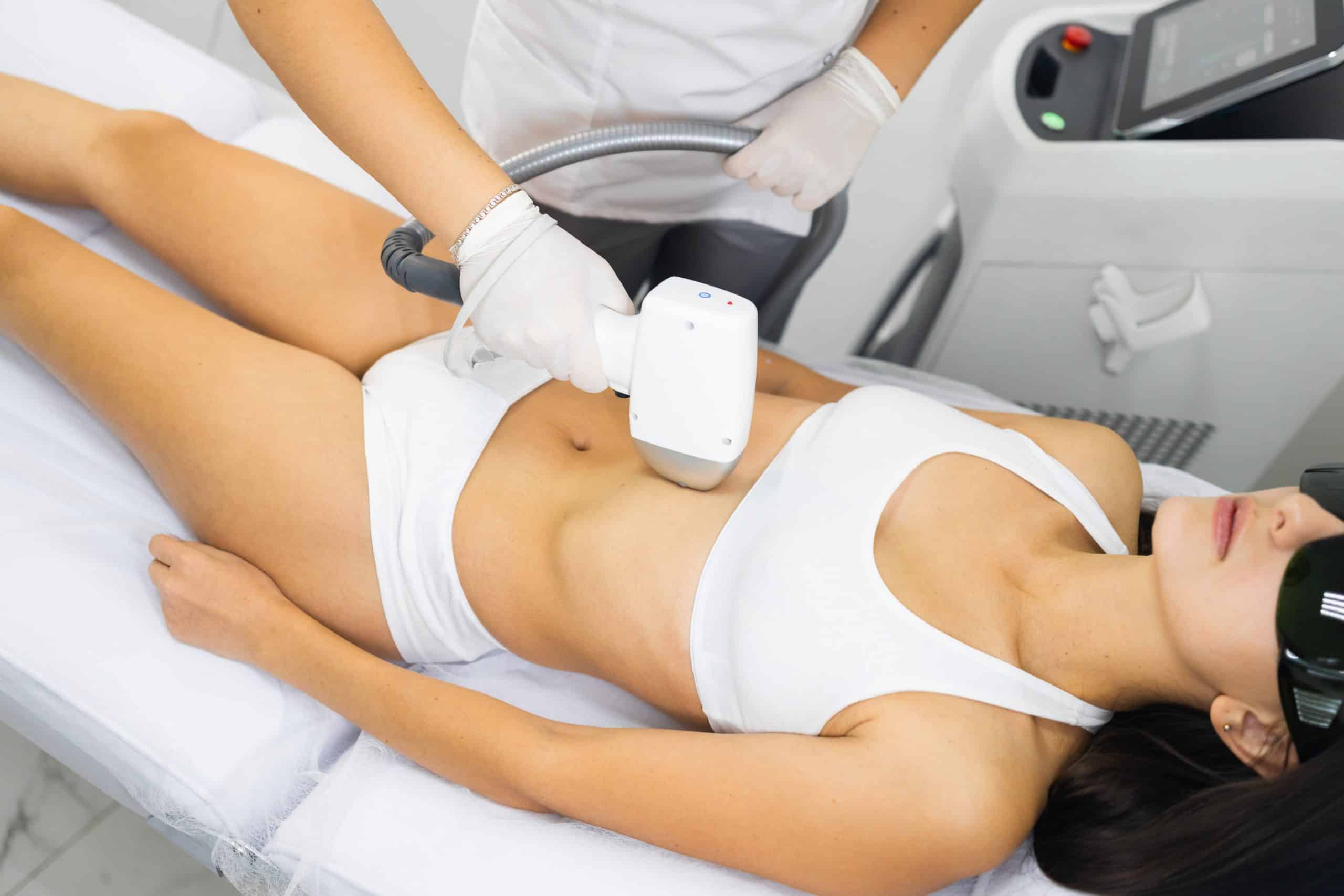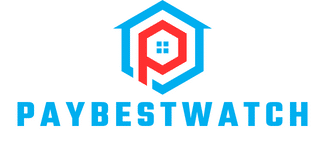How Are Laser-Based Technologies Improving Teeth Whitening in Dental Care?

While dental care and technology might not seem like natural companions, they are increasingly linked as advancements in medical technology filter into dentistry, enhancing traditional methods and introducing new forms of treatment. A prime example is the use of lasers in various procedures, notably teeth whitening. This article will delve into the fusion of dental care and laser technology, focusing on teeth whitening, a popular procedure for patients looking to brighten their smiles.
Laser Technology in Dentistry
The use of lasers in dentistry is not a new concept. Since the 1990s, they have been employed in a range of procedures, from gum reshaping to the removal of oral tissue. The benefits of using laser technology in dentistry are manifold, including reduced bleeding, less pain for the patient, and faster healing time.
Cela peut vous intéresser : How Are AI-Enabled Microscopes Contributing to Faster Disease Diagnosis?
In recent years, the attention has turned towards laser teeth whitening or bleaching, a process that uses light energy to speed up the whitening effect of a bleaching agent, usually a gel. The results are notably better than those achieved with traditional bleaching methods, making it an increasingly popular choice among patients.
The Science Behind Laser Teeth Whitening
To understand how laser teeth whitening works, it’s important to first grasp the basic science behind it. The process involves applying a whitening gel containing a high concentration of hydrogen peroxide or carbamide peroxide to the tooth surface. This gel is then exposed to a specific wavelength of light, emitted by the laser, which activates the peroxide. The activated peroxide breaks down into water and oxygen, the latter of which penetrates the tooth enamel and dentin, breaking down the stains that cause discoloration.
A voir aussi : Can Smart Roads with Embedded Sensors Improve Traffic Safety and Efficiency?
A scholarly study published on PubMed confirmed the effectiveness of laser as an activating agent in teeth whitening. The study found that the laser-activated whitening process resulted in significantly whiter teeth than a similar application without laser activation. It also highlighted the safety of the procedure, stating there was no evidence of tooth enamel damage.
Patient Experience During Laser Teeth Whitening
One of the main advantages of laser teeth whitening is the improved patient experience. Traditional teeth whitening methods can often be time-consuming, requiring multiple appointments and long waiting times between treatments. Laser teeth whitening, however, is a much quicker process.
Typically, the entire procedure can be completed in a single, one-hour session. The dentist applies the whitening gel to the teeth, then uses the laser to activate the bleaching process. Patients often report feeling a warm sensation when the laser is in use, but this is generally not uncomfortable.
The use of lasers can also minimize sensitivity, a common side effect of other teeth whitening procedures. This is because lasers can be precisely aimed, avoiding sensitive areas of the tooth and gums. As a result, patients usually experience less post-treatment discomfort.
A Case Study from Ghent: Laser Teeth Whitening in Practice
In a Ghent based dental clinic, laser teeth whitening procedures have been integrated into their practice with excellent results. The clinic reported that the majority of patients requesting teeth whitening opt for laser-assisted procedures due to their efficiency and effectiveness.
The clinic uses a state-of-the-art laser system that allows the dentist to control the intensity of the laser light, adjust the duration of each pulse, and target specific teeth. This level of customization ensures that each patient receives a tailored treatment, based on their individual needs and the level of tooth discoloration.
Furthermore, the clinic emphasizes patient comfort and care as a priority, and the use of laser technology plays a significant role in achieving this. By offering a swift, effective treatment with minimal discomfort, the clinic has seen an increase in patient satisfaction and a decrease in post-treatment complications.
Future Developments in Laser Teeth Whitening
The field of laser dentistry is continually evolving. As technology develops, so do the possibilities for patient treatment. In terms of teeth whitening, researchers are exploring options for at-home laser treatments, enabling patients to achieve professional results in the comfort of their own homes.
This could involve the use of smaller, portable lasers, along with specially formulated whitening gels. Such a development would revolutionize the teeth whitening industry, making it more accessible to a broader range of patients.
In conclusion, the union of dental care and laser technology has significantly advanced teeth whitening procedures. By providing an effective, efficient, and patient-friendly option for those looking to brighten their smiles, lasers are lighting the way to a brighter future in dentistry.
Advancements in Laser Technology for Dental Procedures
Over the past few years, advancements in laser technology have made it possible to further improve the process of teeth whitening. Dental lasers, specifically diode lasers, have been fine-tuned to assist during dental procedures with more precision and effectiveness. The diode lasers provide a specific wavelength of light that activates the bleaching gel more efficiently, resulting in a brighter and whiter smile for the patient.
One major development is the ability to adjust the intensity and duration of each pulse from the laser. This allows the dentist to customize the procedure based on the individual needs of the patient, such as the level of tooth discoloration and the sensitivity of the patient’s teeth and gums. The ability to target specific teeth with the laser also minimizes the risk of damaging surrounding soft tissue, further enhancing the safety of the procedure.
Scientific studies available on PubMed and Crossref Google repeatedly confirm the effectiveness of laser-assisted teeth whitening. One such study published on Google Scholar demonstrated that laser-assisted teeth whitening resulted in significantly brighter teeth than traditional bleaching methods. Moreover, the study found no evidence of enamel damage, reinforcing the safety of the procedure. Furthermore, the Ghent University is conducting ongoing research into the optimization of laser technology in teeth whitening procedures, providing promising insights into its future potential.
Conclusion: The Future of Laser Dentistry for Teeth Whitening
In summary, the integration of laser technology in dental care, particularly teeth whitening, has resulted in significant improvements in effectiveness, safety, and patient comfort. The application of diode lasers has enhanced the efficiency of the teeth bleaching process and allowed for custom treatments based on individual patient needs. The positive feedback from patients and the promising results from scientific studies, as referenced in PubMed and Crossref Google, are strong indications of the potential of this technology.
Looking ahead, further advancements in laser dentistry promise even more exciting possibilities. The development of portable, user-friendly lasers could potentially enable at-home treatments, making teeth whitening more accessible to a wider audience. As researchers continue to innovate and improve laser-assisted teeth whitening procedures, a brighter, whiter smile may soon be within everyone’s reach.
Indeed, with the ongoing efforts in areas such as Ghent Dental and other leading institutions worldwide, the future of teeth whitening through laser technology seems promising. These advancements are not only transforming dental procedures but are also redefining patient comfort and satisfaction, making dental care a more pleasant experience for many. As dental care continues to evolve, the fusion with laser technology is undoubtedly a milestone worth celebrating.
